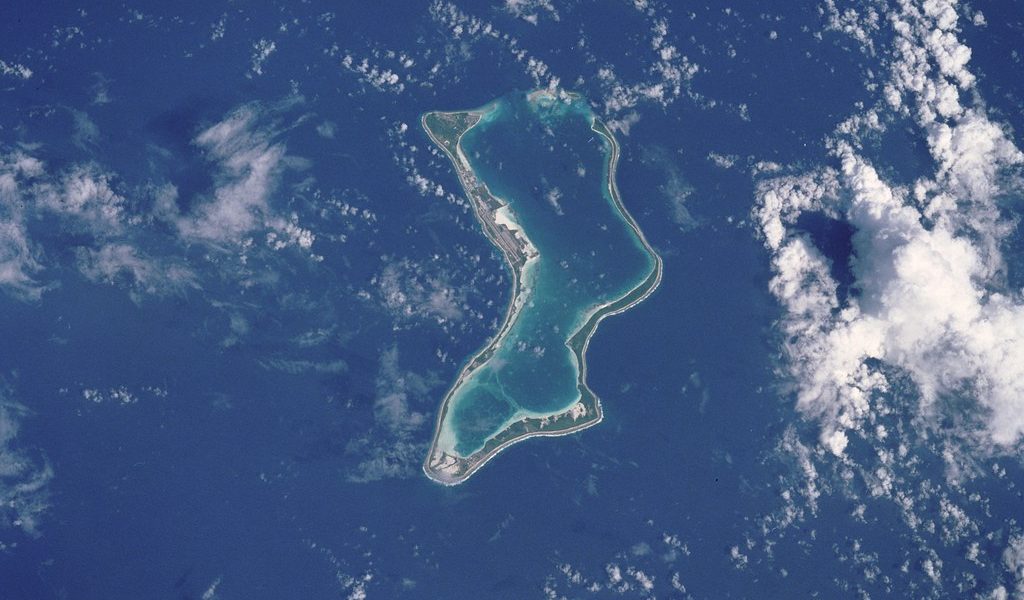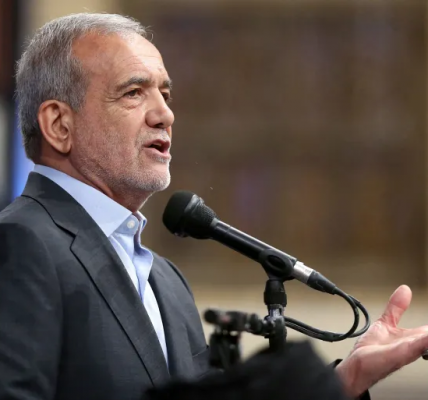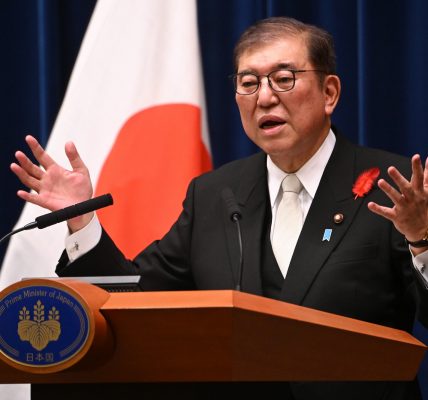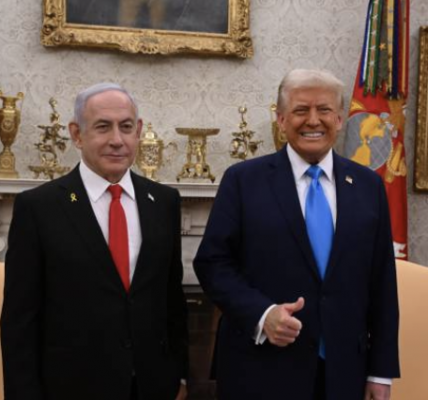The release of the Chagos Islands: why the handover of Britain’s remote islands couldn’t come at a worse time
If you were to take a map of the world and ask the average Brit to point out the Chagos Islands, most would struggle. In fact, until news broke last week that Britain would relinquish control of the remote islands in the Indian Ocean, I’m not sure many Brits had even heard of them. However, the Labour government announced that they would hand over the islands, which Britain has controlled since 1814, to the Mauritian government, which argues that their proximity—2,191 km from the islands—gives them a right to the settlement.
For most of the time under British rule, the islands had minimal strategic importance to the government. They merely served as a minor outpost used by the Royal Navy or other merchants sailing from the Far East. If India was “the jewel of the Empire,” the Chagos Islands were a minor trinket lost among the folds of the carpet. That changed in the 1960s when Britain, cap in hand, approached the U.S. requesting the purchase of the Polaris missile system, which would be used to carry British warheads in the event of a nuclear exchange. In return, the U.S. would gain access to the remote islands of Chagos, where they could build a base for their long-range B-52 bombers. As the islands are neatly sandwiched between Russia, China, and the Middle East, the U.S. Air Force viewed them as an ideal base of operations in the event of a conflict in any of those regions. In the 1980s, Margaret Thatcher extended this agreement with the U.S., and the base was subsequently expanded at the expense of most of the native islanders, many of whom were shamefully exiled to the UK or Mauritius to accommodate the aggrandizement of Diego Garcia1.
Mauritius has had long-standing claims to the islands, but due to the UK’s greater economic and political standing in the international community, as well as support from the U.S. superpower, these claims often fell on deaf ears. That changed at the turn of the century when the Mauritian government’s pleas gained traction among the African community, with many calling the Chagos Islands “the last colony in Africa.” Meanwhile, Britain lost potential support from its European allies following Brexit, allowing negotiations to begin in 2022. The agreement includes a financial package from the UK to help establish Mauritian sovereignty, as well as an extension of the U.S. lease of its airbase for the next 99 years. In exchange, the UK is to receive strategic support in combating “irregular migration and drugs,” though the nature of this aspect of the deal is yet to be fully realized.
While the release of these small islands may seem insignificant in the current geopolitical climate, it is set to have long-term political consequences for Britain. No doubt part of the government’s reasoning is to strengthen the UK’s image in major African countries, particularly with much of Europe still frosty over Brexit and the possibility of the U.S. returning to Donald Trump’s isolationist policies. The government has been seeking alliances further afield under the “Global Britain” banner. Officially, part of Britain’s decision was to amend “wrongs of the past,” which, admittedly, there have been several. The exile of more than 1,000 residents in the 1980s was both undemocratic and shameful, and the recent failure to process several hundred Sri Lankan asylum seekers has been equally contentious. But in mending the wrongs of the past, the government may have damaged Britain’s future foreign policy. Granting a joint lease of the Diego Garcia airbase to the Americans was a key factor in securing Britain’s nuclear deterrent, and it has been central to subsequent renewals of the 1961 agreement, which provided the UK with nuclear-capable ballistic missiles. Removing this asset from the negotiation table, particularly when the UK is still pressing for a long-standing trade deal with the U.S., is bizarre.
Moreover, this could set a new precedent for some of the UK’s other key overseas assets. Spain has long pressed the government to hand back Gibraltar, despite the majority of its citizens being British. Or perhaps we should relinquish the Falklands, as Argentina remains committed to its claim to “Las Malvinas.” At a time when Britain needs all of its assets to navigate its position in this shifting geopolitical landscape, releasing this group of islands does not seem to be in the UK’s strategic interest. No one denies that Britain has committed wrongdoings in the past, and its efforts to amend them are honourable. But should we sacrifice potential assets to atone for the sins of the past?
―――――――――――――――――――――――――――――――――――――――――
- Stephens, P. (2021). Britain Alone: The Path from Suez to Brexit. Faber & Faber. p. 144 ↩︎






